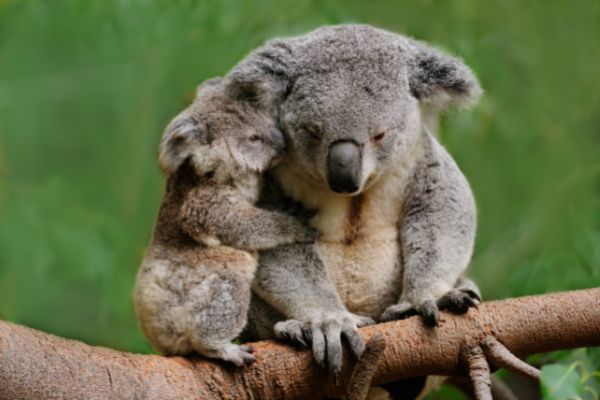Deadline: 16-Sep-22
The World Wildlife Fund (WWF)-New Zealand is accepting applications for its Conservation Fund to assist communities and schools to take conservation action as it is vital to conserving biodiversity in Aotearoa New Zealand.
Aims
Aims of the Conservation Fund:
- To support community groups and educational facilities to deliver local habitat protection, species protection and restoration projects.
- To protect and restore habitats that WWF identifies as a priority.
- To promote increased coordination of habitat protection and ecological restoration on a catchment or landscape scale.
- To raise awareness of biodiversity and conservation in the wider community.
- To encourage communities to become guardians of their environment, becoming active partners in protecting, sustaining and restoring our biodiversity for present and future generations.
- To increase the scale and effectiveness of community-led conservation action.
Priorities
- Areas of lowland biodiversity including:
- Freshwater environments and their catchments
- Coastal and dune systems
- Wetlands and estuarine systems
- Lowland and coastal forest and scrub communities
- Coastal and inshore marine habitats
- Habitats of threatened indigenous species
- Remaining remnants of high-quality habitat
- NZ Native species protection
- Projects where educational learners:
- Participate in an action-based project
- Learn through experience and participation
- Decide on why and how to get involved
- Make meaningful contributions to improving their local environment
- Involve people in their community
- Gain skills and are encouraged and/or supported to take future action for the environment as a result of participating
Funding information
- The CF provides one-off grants of up to a maximum of $15,000, for a funding period of one year.
Eligibility Criteria
- The CF awards donations to the following organizations
- Small community groups employing less than five (5) staff (fulltime equivalent)
- Locally constituted branches of national organizations with their own constitution, management committee and set of accounts.
- Environmental education providers
- Educational institutions (not for core education)
- Your organization must:
- Be based and operating in Aotearoa (New Zealand).
- Be a not-for-profit entity; either an incorporated society, charitable trust, educational facility, company limited by guarantee (non-profit only) or a trust set up under legislation covering Māori organisations.
- Have transparent ways of making decisions written down in a constitution or set of rules.
- Have a track record, technical competence and experience in conservation, restoration or land management that enables you to deliver the project, or have guaranteed ongoing support from a competent organization such as DOC, regional councils, etc.
- Have relevant HR policies and procedures in place if it employs staff.
- Understand your health and safety responsibilities, have appropriate procedures in place, and policies if it employs staff.
- Have suitable Child Safeguarding policies and/or procedures in place if children are participating.
- Be solvent and financially sustainable and demonstrate sound financial management having the necessary financial controls in place.
- Have your own bank account and demonstrate that you can manage funding from a number of sources, maintaining a clear separation of expenditure and tracking of projects.
For more information, visit https://www.wwf.org.nz/what_we_do/community_funding/conservation_fund/
